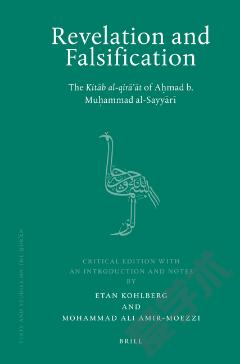The Anwár-I-Suhailí —— Or Lights of Canopus, Commonly Known as Kalílah and Damnah
-----
The collection of Fables known throughont India under the name of the Anwar-i-Suhaili His generally supposed to take its origin from the Sanskrit, in which language tales of a similar description have been handed down from the remote ages of antiquity. Like most works of such a nature, its history cannot be traced with certainty; even when we come to the comparatively later times of Bidpai or Pilpai, the reputed author of the Fables which bear his name, who is supposed to have flourished about 300 years B.C., the mist of obscurity is not removed, and indeed it is matter of conjecture whether such an individual ever existed. Be this as it may, the tradition as handed down in the East is thus given by M. Silvestre de Sacy in his preface to 'Calila et Dimna, ou Fables de Bidpai en Arabe':Alexander, after having subdued the Kings of the West, turned his armies towards the East. He triumphed over all the sovereigns of Persia, and other countries, who dared to oppose him. In his march to enter the empire of China, he summoned the Prince, who then reigned over India, named Four, or, according to some manuscripts, Fourek, to recognise his authority and render him homage. Four, instead of obeying him, prepared for war, and took every fitting measure to assure his independence. Alexander, who had hitherto met with but feeble resistance, instituted formidable preparations against the King of India, fearing to receive on this occasion any check which would tarnish the glory of his arms; the Indian elephants especially filled him with great dread. He accordingly resolved to have recourse to stratagem.
{{comment.content}}








 京公网安备 11010802027623号
京公网安备 11010802027623号